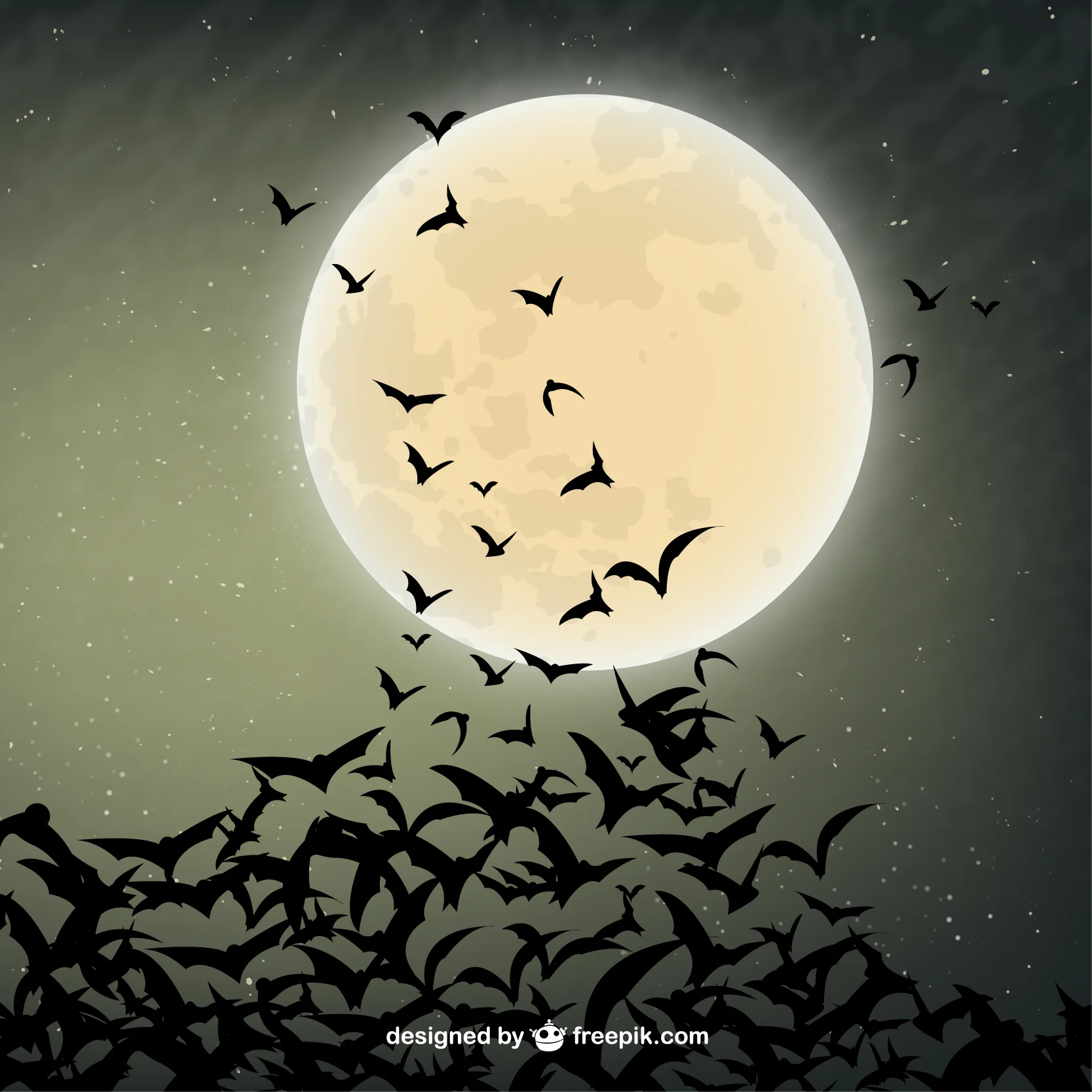"The Earth has music for those who listen." George Santayana
I hear it before I see it. Repetitive ticks in quick succession, like the sound of a marble dropping on a tile floor before scuttling across the surface into the distance. The sound suddenly gets louder, turning into a wet fluttering. And then I see it, a pipistrelle bat swoops out from the barn door, over my head and into the dusky night.
Echolocation, the reverberating sounds made by bats that allow them to navigate in the dark when foraging for food, is indiscernible to the human ear. I had the privilege of witnessing these majestic creatures in flight one evening, sat in a quiet unlit corner of an Oxfordshire field, with a bat detector tuning me in to the bats’ chatter.
It turned out to be one of the best Saturday evenings I’ve ever had the pleasure of being part of – what better way to experience the transition of day to night than to pay quiet attention to the world around you?
Wisdom of nature
These fascinating creatures, the only group of mammals to have developed the ability of true flight, have rightly mesmerised scientists for decades but remarkably, it is only since the 1940s that we have really come to know how they hunt, socialise and survive. Even so, they remain a source of mystery and wonder. It’s easy to understand why once you’ve encountered them in their natural habitat.
Watching them glide a few inches above the water, dancing in mid-air like acrobats beneath the trees, is like being the voyeur to a spectacular performance, better in fact, because this is nature in all its unadulterated magnificence.
Sitting there with my bat detector, mindful of my presence only in so far as I was trying to be inconspicuous, I became increasingly attuned to the happenings around me and less aware of myself.
This rare opportunity to step out of the cluttered human world and into the relative wilderness is one that is so vitally important, not just for the sake of human health – the benefits of nature on psychological and physical well-being are well documented – but more for the sake of appreciating the world as it is.
In these “blessed days of more or less,” as the poet WS Merwin perfectly describes it in his poem 'Dew Light', “when the news about time is that each day there is less of it,” it’s increasingly important to just be.
Every day existence demands that we busy ourselves to the point where we can forget to pause, to consciously locate ourselves in physical space rather than amidst the incessant chatter of the restless mind, caught as it so often is in a trance of thoughts about what we need to do, should be doing, haven’t done, have yet to do.
The extraordinarily simple act of bat watching – the Bat Conservation Trust provides handy tips on how, where and what to do – was, for me, a gateway to a different level of consciousness. A conscientious awareness of my place among the grand, complex and fascinating web of other species.
As the poet John Burnside says, “the existence of other animals around us is what makes us human” – it develops our sense of compassion, grief and respect for life.
Attention, here and now
All animals occupy a different niche in space and time. As humans, we can be all too present – one in six species around the world face extinction because of the effects of global warming, a fate we have imposed upon the planet.
By comparison, bats quietly go about their business in the cloak of darkness and amidst the shadows. They have cleverly adapted to hawk, glean and trawl for food using ultrasonic echolocation, making them independent of the daylight and unlikely prey for most predators.
By the same token, they are one of the most ecologically indispensable creatures on Earth. A single bat can eat more than 600 insects in one hour, while a colony of 150 big brown bats can eat enough cucumber beetles in one summer to save a farmer's crops.
Witnessing bats navigate the darkness is a poignant reminder of how nature persists in spite of us. In Aldous Huxley’s ‘Island’, the constant refrain of the mynah birds that occupy an idyllic community on the Pacific island of Pala is “attention, here and now boys, here and now”. The point is to remind the island’s inhabitants to pay attention to the moment, to what’s around them.
For me, the experience of bat watching did precisely that, reminded me of my role as someone privileged enough to be roaming this world, and as a writer trying to decipher it, that the most important thing is to always pay attention.
